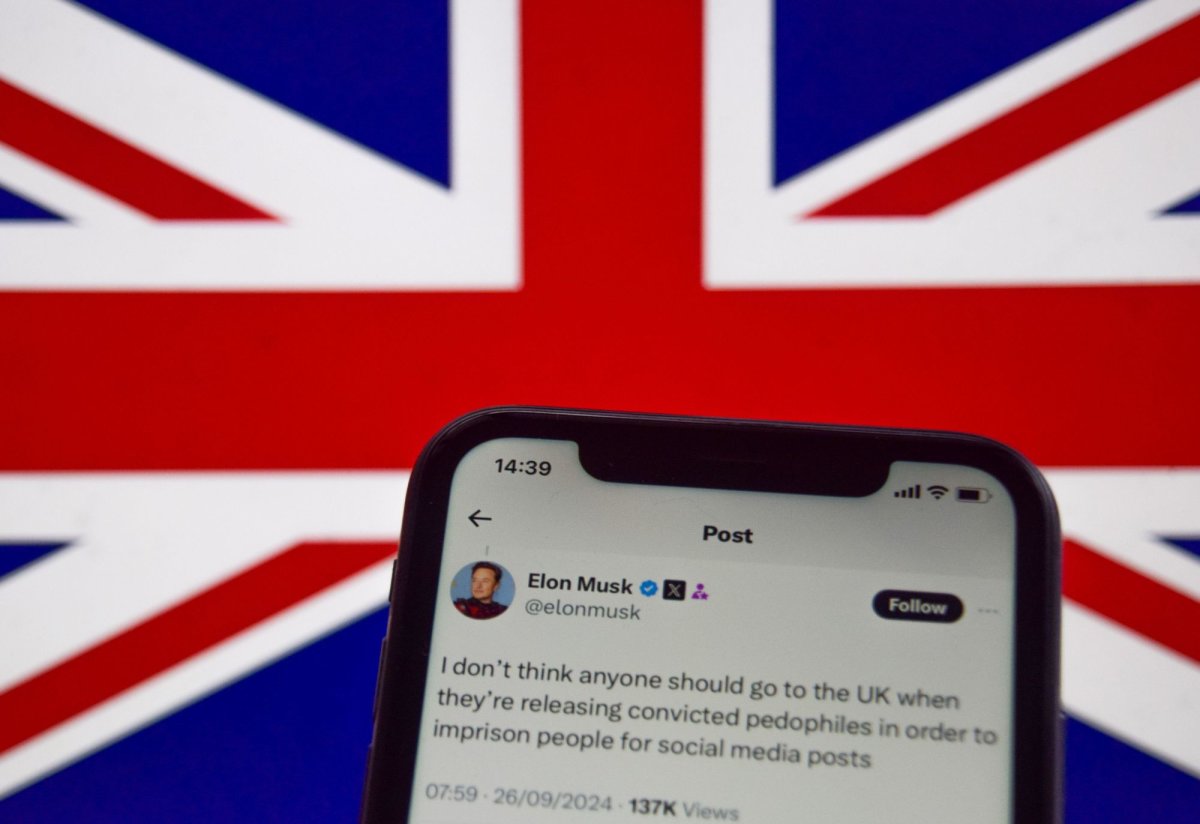
3 min read
The global digital landscape offers unprecedented opportunities for connectivity and information exchange.
However, it has become a fertile ground for the spread of false information. False narratives, propagated with unprecedented speed, are not just an annoyance—they fuel misunderstandings, disrupt peace efforts, and warp perceptions of global events. For the United Kingdom, disinformation is not just a domestic challenge but a critical foreign policy issue.
For decades, British foreign policy has been anchored in balancing power and promoting democracy. But today, it must grapple with the complex realities of disinformation, which undermines alliances, erodes trust, and weakens the institutions that uphold global order. This is particularly evident in relations with Russia.
Moscow’s use of disinformation as a weapon is well-documented. It has strained bilateral ties, disrupted NATO’s unity, and sabotaged collective goals. Recent examples include coordinated efforts by Russian-linked networks to target countries supporting Ukraine, spreading malicious rumours—even about the Princess of Wales—to stoke division and destabilise democracies. With pivotal elections in nations such as Germany, Australia, and Canada looming in 2025, the stakes could not be higher. Failure to counter disinformation risks repeating the electoral interference witnessed in previous years.
The problem doesn’t stop at Europe’s doorstep. In regions where the UK seeks to foster peace, such as the Middle East and Africa, disinformation has proven equally destructive. During the Kenyan elections in 2017, there were widespread disinformation campaigns that purported to show foreign governments, including the UK, interfering in the electoral process. Such campaigns not only strain the UK’s diplomatic relations with African nations but also undermine the democratic processes, leading to increased scepticism and tension among the local populace regarding the legitimacy of electoral outcomes and foreign diplomatic presence.
A coherent response to this war of disinformation must be both local and global. At home, digital literacy initiatives can help citizens identify and resist false narratives. The UK must also invest in cutting-edge technology and expertise. Advances in AI and machine learning can strengthen our ability to detect and neutralise disinformation campaigns.
On the international stage, Britain should lead by example. The UK must promote transparency and accountability in digital content. Meanwhile, the Foreign, Commonwealth & Development Office (FCDO) should push for global standards and norms to manage this borderless threat, working with partners such as the US and the EU to forge a unified approach.
Ultimately, countering disinformation is about more than protecting Britain’s diplomatic interests. It is about safeguarding the integrity of international relations and ensuring that governance remains grounded in truth. The digital era brings challenges, but it also offers opportunities for leadership and Britain’s diplomatic legacy and commitment to stability make it well-suited to spearhead this fight.
The time for action is now. By confronting disinformation head-on, the UK can reaffirm its role as a global leader in digital diplomacy, ensuring that technology becomes a force for unity rather than division.
Reuben Solomon is a former 10 Downing Street and Foreign Office Special Adviser
PoliticsHome Newsletters
Get the inside track on what MPs and Peers are talking about. Sign up to The House’s morning email for the latest insight and reaction from Parliamentarians, policy-makers and organisations.

